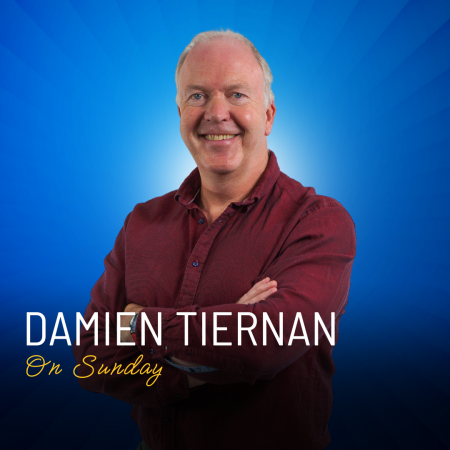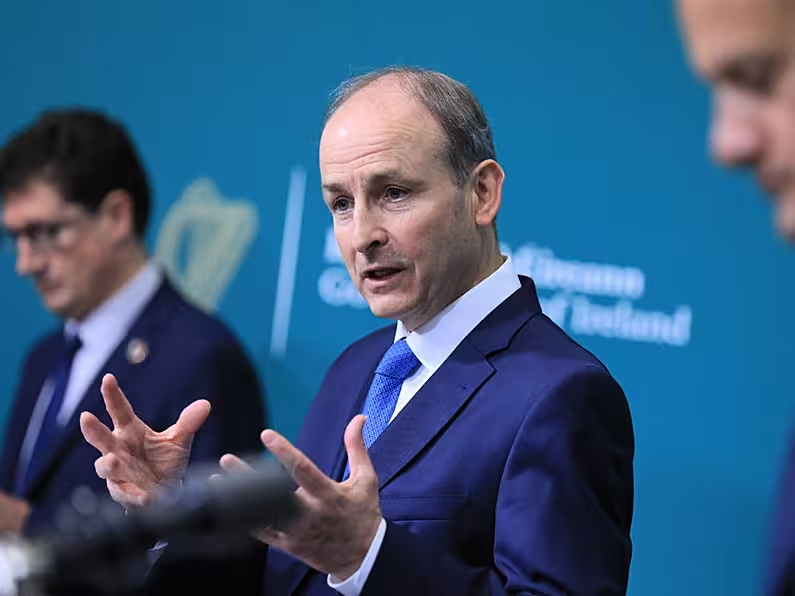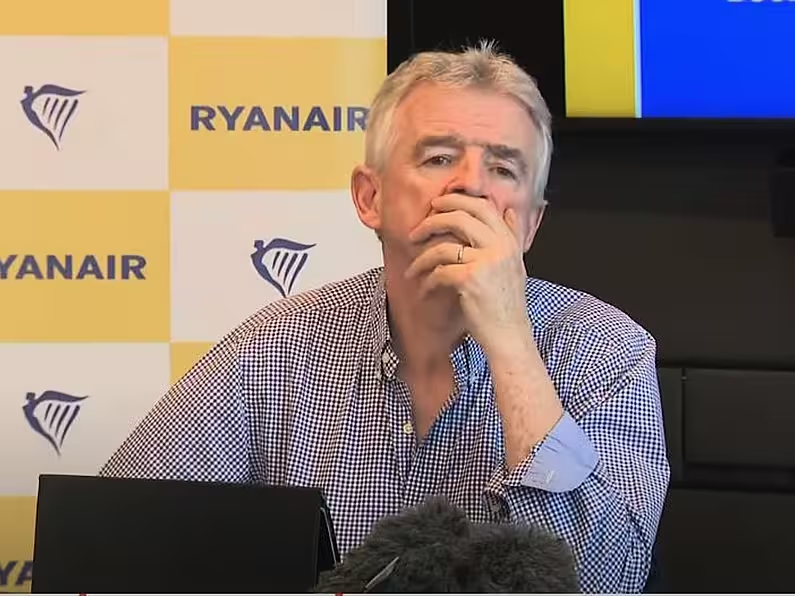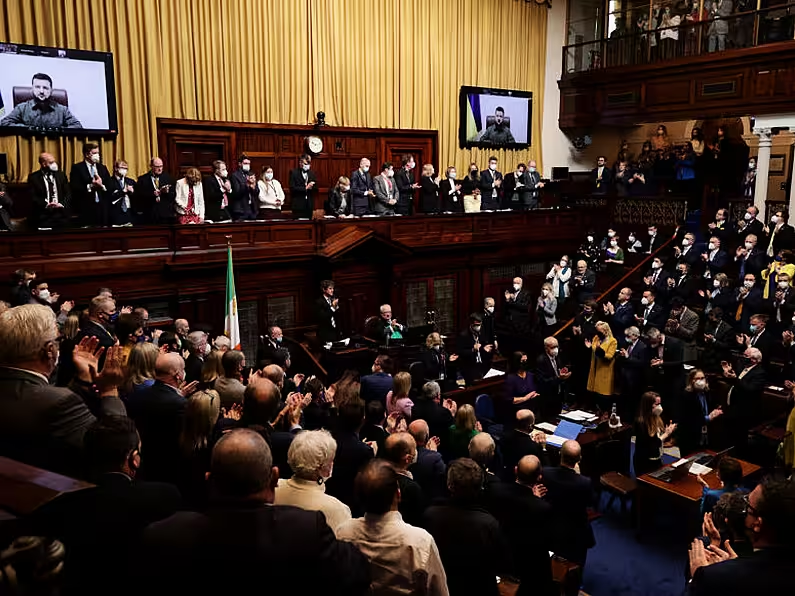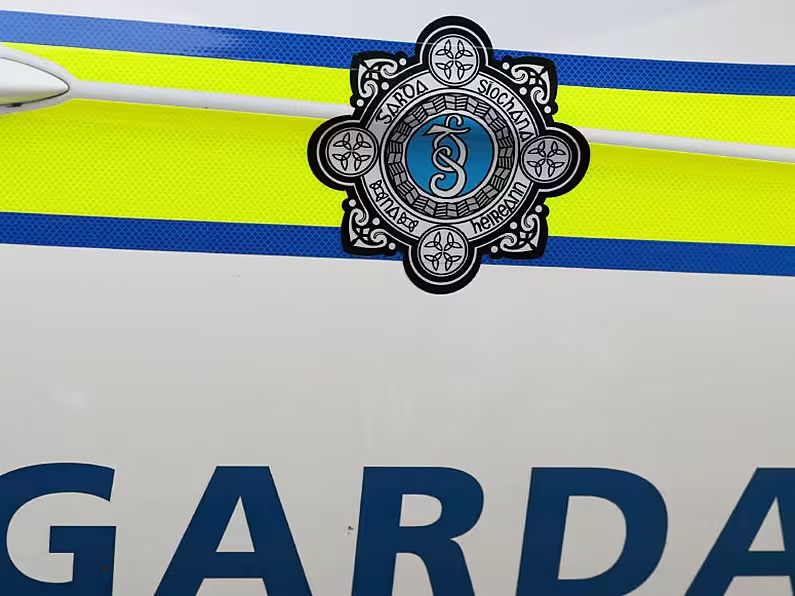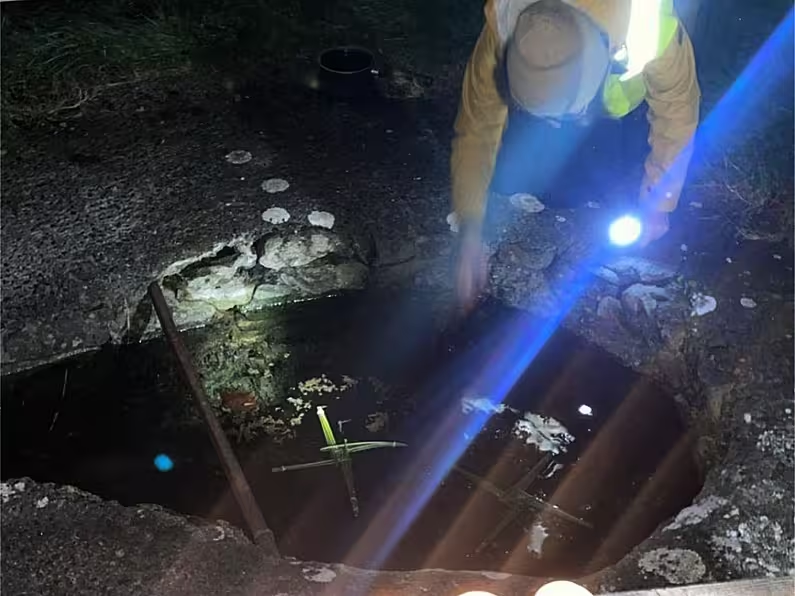By Cate McCurry, PA
The €3.5 billion package of support outlined by the Government will help “kickstart” a jobs-led economy, Taoiseach Micheal Martin has said.
Announcing the economic recovery plan, ministers laid out how pandemic support will be extended across the summer, but then scaled back as the economy reopens.
Pandemic-related payments, including the Pandemic Unemployment Payment (PUP) and the wage subsidy schemes, will be reduced or changed from about the fourth quarter of the year.
The PUP will be closed to new entrants from July, which will be followed by a phased reduction in rates from September until February next year.
Today we launched an #EconomicRecoveryPlan that includes more than €4billion in supports and spending – with the ambition to have 2.5m people in work by 2024.
We want to build back better from this pandemic – investing in a sustainable and digital economy. pic.twitter.com/qcSNULNcRQ— Micheál Martin (@MichealMartinTD) June 1, 2021
The current rates of payment above the rate of 203 euro will remain in place until September 7, at which point they will begin to be gradually reduced on a phased basis in increments of €50.
The first reduction is planned to take effect in payments on September 14th, with subsequent reductions taking effect in mid-November and early February.
The Emergency Wage Subsidy Scheme (EWSS) will be extended until the end of December, with a different rate to begin in September.
The Government said the extension of Covid restriction support schemes will give additional support to businesses when they reopen over the summer months.
The four key pillars of The Economic Recovery Plan launched today are:
👷♂️Helping people back into work
🍃Re-building Sustainable Enterprises
⚖️A Balanced and Inclusive Recovery
📉Ensuring our public finances are sustainable
For more information see https://t.co/PXjiXIJvVX pic.twitter.com/VSC499wmAs— MerrionStreet.ie #StaySafe #HoldFirm (@merrionstreet) June 1, 2021
It was also confirmed that the 9 per cent vat rate for the hospitality sector will run until September next year.
The Covid Restrictions Support Scheme (CRSS) will continue in its current form to the end of 2021, with the qualification criteria and payment rates unchanged.
The Government also announced a new additional business support scheme, Business Resumption Support Scheme (BRSS) for businesses with reduced turnover as a result of public health restrictions.
It will apply to businesses whose turnover has been reduced by 75 per cent since September last year.
Support fund
Minister for Finance Paschal Donohoe said the CRSS has helped more than 22,000 businesses to date.
Mr Donohoe said that while it will be extended to the end of the year, he hoped to see “far fewer” businesses needing the support fund.
The Government also outlined how it will spend the €915 million of the EU’s Recovery and Resilience Fund, half of which will go towards climate action projects.
Mr Donohoe said the extension in funding support is to help businesses with cash flow as they reopen.He said it will also support businesses in hiring staff.
Mr Donohoe also said the extension in the 9 per cent vat rate will help the industry with forward planning and bookings.
Today is about looking forward, about rebuilding our economy and getting people back to work. The National Economic Recovery Plan will be followed soon by our Pathways to Work strategy, which will include a suite of measures to help people secure employment. pic.twitter.com/enbF6eC4FA
— Heather Humphreys (@HHumphreysFG) June 1, 2021
Minister for Public Expenditure and Reform, Michael McGrath, said the recovery plan is a key element in enabling the country to move beyond the pandemic.
Heather Humphreys, Minister for Social Protection, said that in February there were more than 400,000 people receiving the PUP, while today there are just over 309,000 recipients.
Ms Humphreys said the Government expects the numbers to fall significantly next week and over the summer.
Mr Martin also said the recovery plan sets an ambitious target to have 2.5 million in work by the end of 2024.
“This Economic Recovery Plan will kickstart a jobs-led recovery and propel the economy forward to a more sustainable, digital and secure future,” Mr Martin added.


